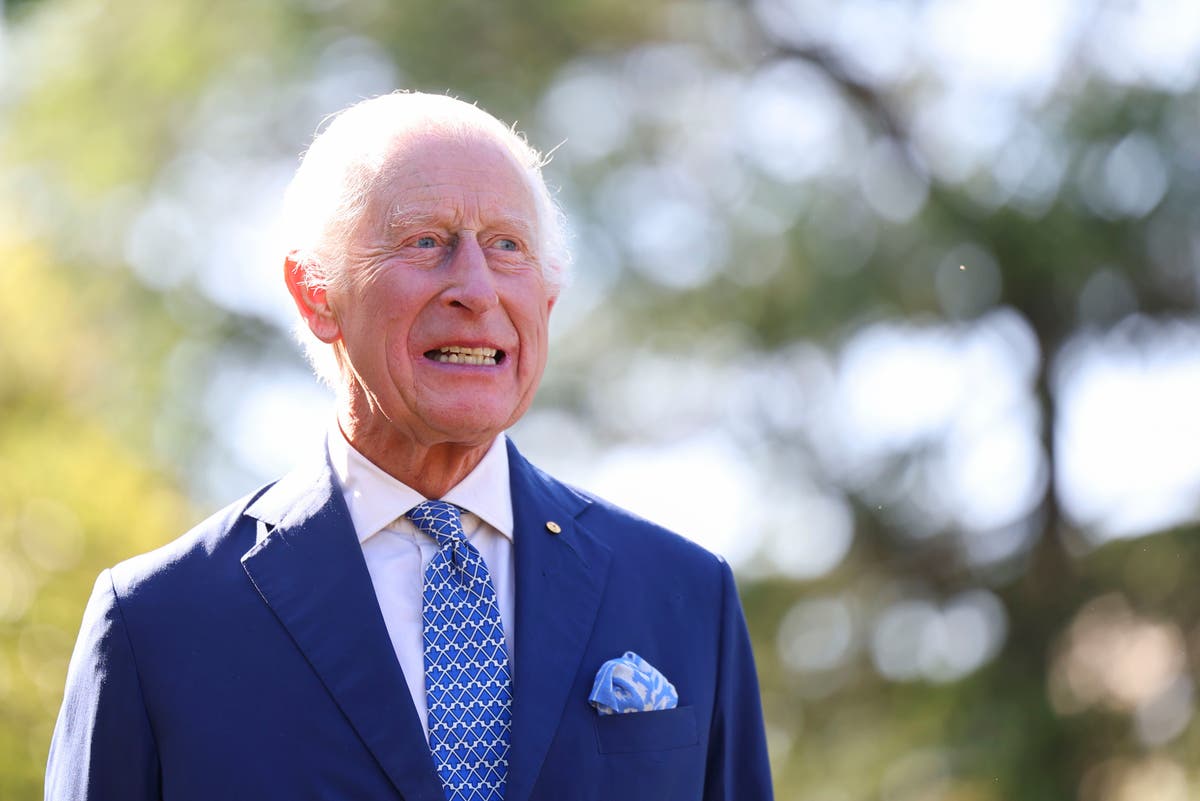Sites hosting adult content could be removed from search results and blocked from linking on social media in Australia unless they verify the ages of users trying to access them, under a draft industry code released on Tuesday.
The age assurance for pornography and gambling content online precedes the development of the age assurance technology for teens accessing social media, but there will be crossover for sites such as X, which host adult content.
The draft codes, which would come into force in 2025, will apply to websites, social media, video games, search engines, gaming companies, app developers and internet service providers, among others.
The code is flexible in terms of how it will require websites to verify the age of users, and follows similar options to the United Kingdom’s plan that is still being implemented. The examples include checking photo ID, facial age estimation, credit card checks, digital ID wallets or systems, or attestation by a parent or guardian. However, simply affirming one’s own age – by stating a birth date, for example – will not be sufficient.
The approach to age verification will probably be the same as what is used for social media age checks for teenagers. The Albanese government is in the process of conducting a trial of such technologies.
The codes have been developed by the Australian Mobile Telecommunications Association (Amta), the Communications Alliance, the Consumer Electronics Suppliers Association (CESA), the Digital Industry Group Inc. (Digi), and the Interactive Games and Entertainment Association (IGEA).
In the US, where age checks have been implemented in some states, porn website Pornhub has blocked access to users in those states. As of June, Pornhub has blocked more than half a dozen states rather than complying with age assurance laws. Users in those states have reportedly resorted to using virtual private network (VPN) connections to get around the block.
Dr Jennifer Duxbury, Digi’s director for policy, regulatory affairs, and research, told Guardian Australia that the code covers the entire digital ecosystem, which meant if a website was not compliant, there were ways to limit access through search or social media.
“You’ve got these layers of protection built in to these codes, which don’t exist in other jurisdictions as I understand it,” she said.
Duxbury said the eSafety commissioner would, as the “best-resourced regulator in the world”, have powers to enforce those codes.
“So all of those things would operate as quite a strong incentive, I would suggest, on porn sites to comply with these codes,” she said.
“However, we don’t speak for the porn industry, and I can’t predict what their reaction might be, whether they would withdraw from the market, or what’s the likely outcome.”
after newsletter promotion
Pornhub has been approached for comment.
While adult sites could be blocked for Australian users in search and for linking on social media, users will still be able to type out the website URL to access the site.
The move is a step short of the Rudd-Gillard Labor government’s attempt to bring in a mandatory internet filter, and the Coalition’s previous plan to bring in opt-out internet filtering which was dropped just prior to the 2013 election. Under the codes, internet service providers will not be required to block access to non-compliant websites, but will be required to make optional filtering available to customers who request it.
Documents released under FoI by the eSafety commissioner suggest that age assurance will still be a complex issue for the industry to solve, stating: “No countries have implemented an age verification mandate without issue.”
Submissions on the draft code will be accepted until 22 November, with the eSafety commissioner requesting the code be submitted for review by 19 December 2024. Once the code is registered, it is enforceable by the commissioner.

 By The Guardian (World News) | Created at 2024-10-22 03:35:12 | Updated at 2024-10-22 05:56:19
2 hours ago
By The Guardian (World News) | Created at 2024-10-22 03:35:12 | Updated at 2024-10-22 05:56:19
2 hours ago



